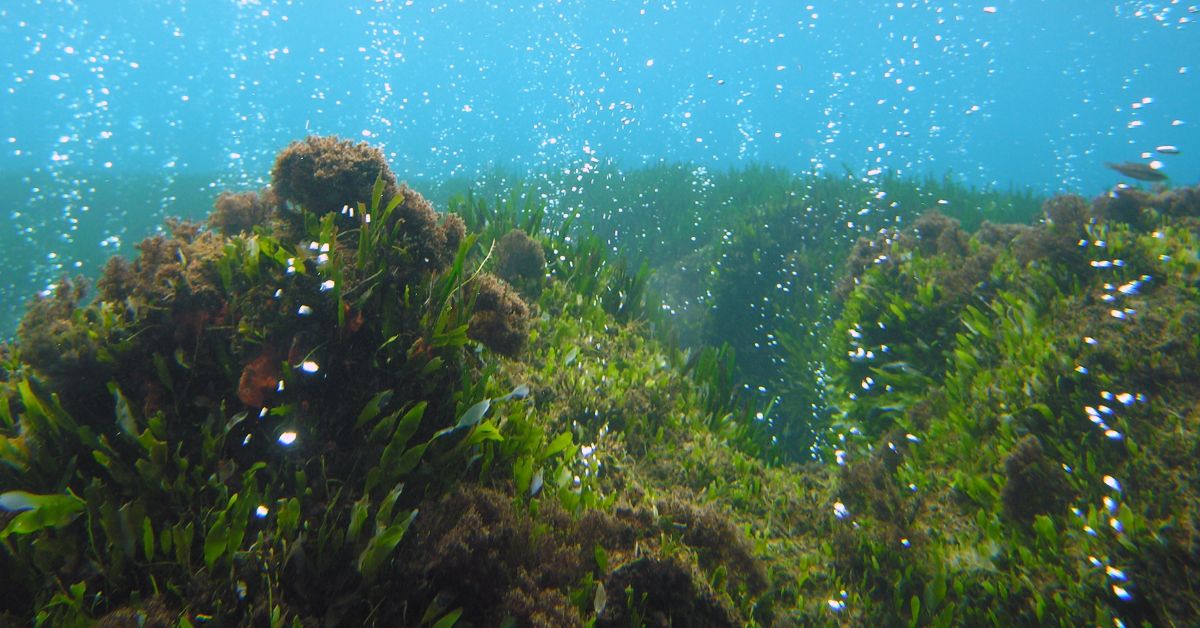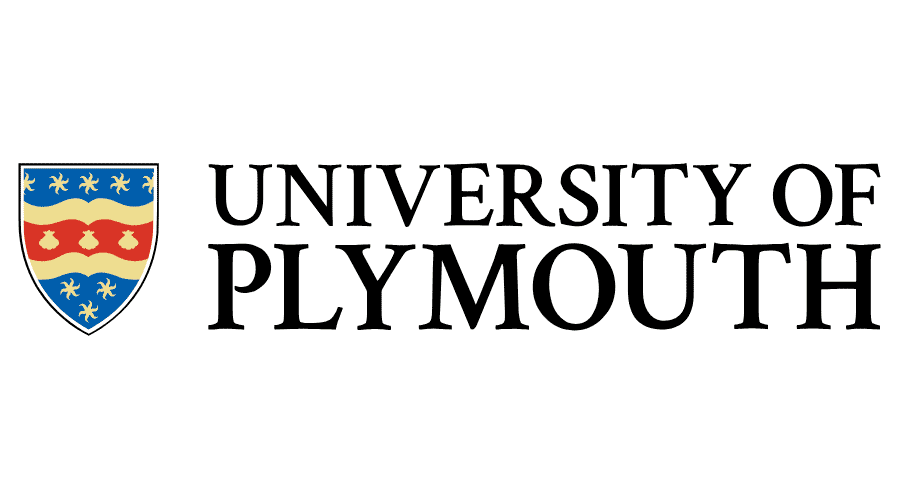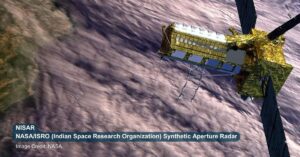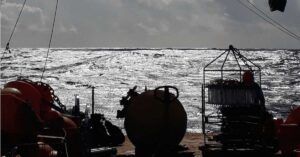University of Plymouth's Commitment to OARS
University of Plymouth (UoP) research and education is strategically aligned to inform the United Nations Decade of Ocean Science for Sustainable Development (2021–2030) and embed solutions that slow ocean degradation and build recovery of our coastal resources.
UoP has been leading in ocean acidification research and education since 2006, with more publications on the topic than any other UK University. It trains over 200 marine scientists per year about the chemistry, physiology, ecology and human impacts of ocean acidification.
https://www.plymouth.ac.uk/research/ocean-acidification
UoP continues to provide open access to data on seawater carbonate chemistry and the ecosystem effects of ocean acidification to the OA-ICC from field locations worldwide, which it presents through national and international meetings.
UoP has global expertise on the physiological and ecosystem level effects of OA and will i) continue to mentor early career researchers and ii) remain involved in regional GOA-ON hubs to increase OA communication through media outreach, public meetings and science-policy workshops.
The University of Plymouth is engaged with and helped set up the International Carbon Dioxide Natural Analogues (ICONA) consortium, a UN Ocean Decade Programme under the umbrella of OARS.
Relevant OARS outcomes
Outcome 1: Quality Data
Outcome 3: Observing Strategies
Outcome 4: Biological Impacts
Outcome 5: Future Projections
Outcome 6: Public Awareness
Outcome 7: Policy Engagement
OARS programme support (e.g. funding)
Ocean Basin
North Pacific
North Atlantic
Mediterranean Sea
Organisation
The University of Plymouth
Plymouth, United Kingdom




